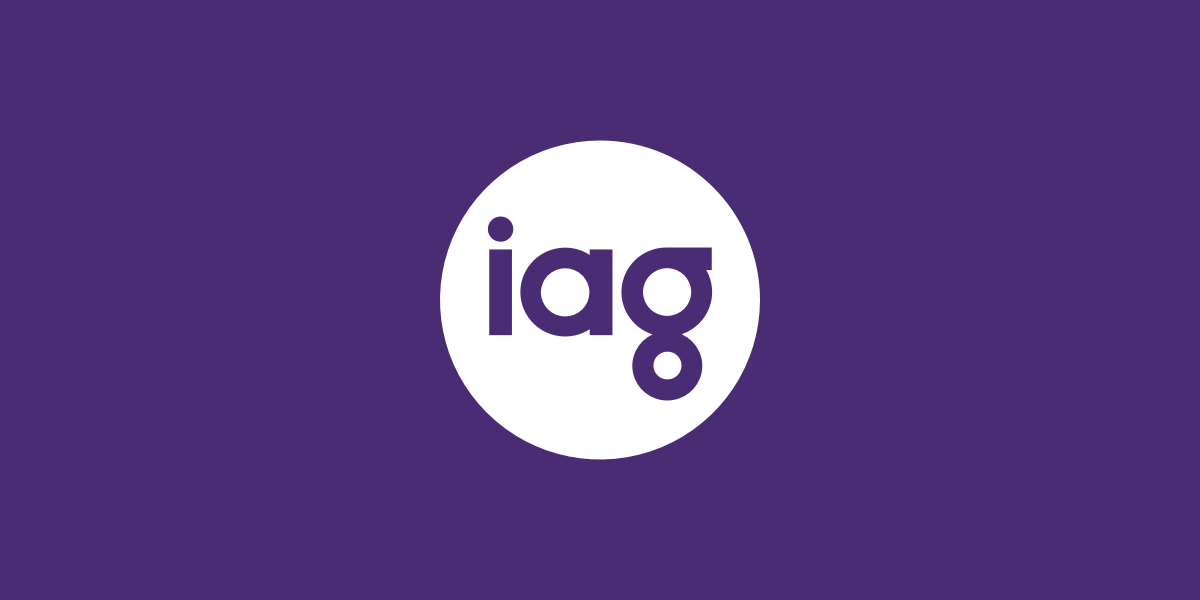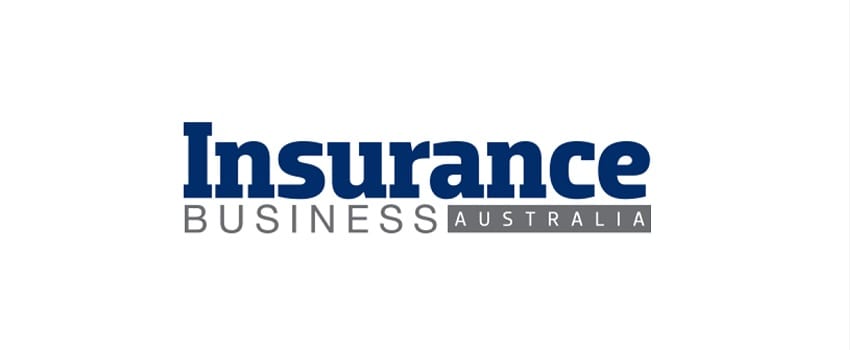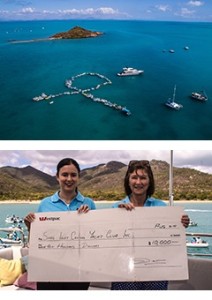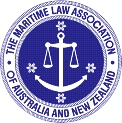
New drug & alcohol policy for domestic commercial vessels
The Australian Maritime Safety Association has introduced a new drug and alcohol policy for domestic commercial vessels, reinforcing safety standards across the industry.
At Oceanic Marine Risks, we recognise that operating in a marine environment presents challenges, and impairment from drugs or alcohol can significantly increase the risk of accidents, injuries, and legal consequences.
This new policy is particularly important for all domestic commercial vessel operators including bareboat businesses, ensuring that masters, crew and staff are fit for duty and able to perform their roles safely. For those hiring a vessel, it’s important to be aware that any breach of drug and alcohol policies could not only result in serious safety hazards but also affect liability in the event of an incident, this includes while anchored at night. Non-compliance can lead to regulatory penalties and potential insurance implications if an incident occurs whilst under the influence.
As a specialist marine insurance provider, we encourage our clients to review their onboard policies, update their Safety Management System, educate their crew and staff, and implement compliance measures to align with these new regulations. A proactive approach not only enhances safety but also strengthens risk management practice – Supporting a safer and more responsible marine environment.
For full details on the new the policies which come into effect from 1st June 2025, please read AMSA’s official update.
To discuss how this policy may impact your operations or insurance coverage, our team is here to help.














